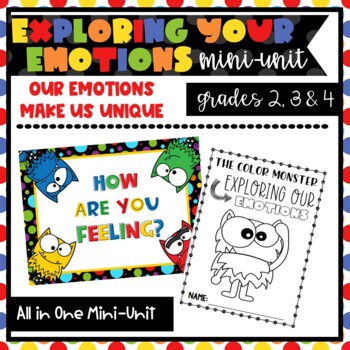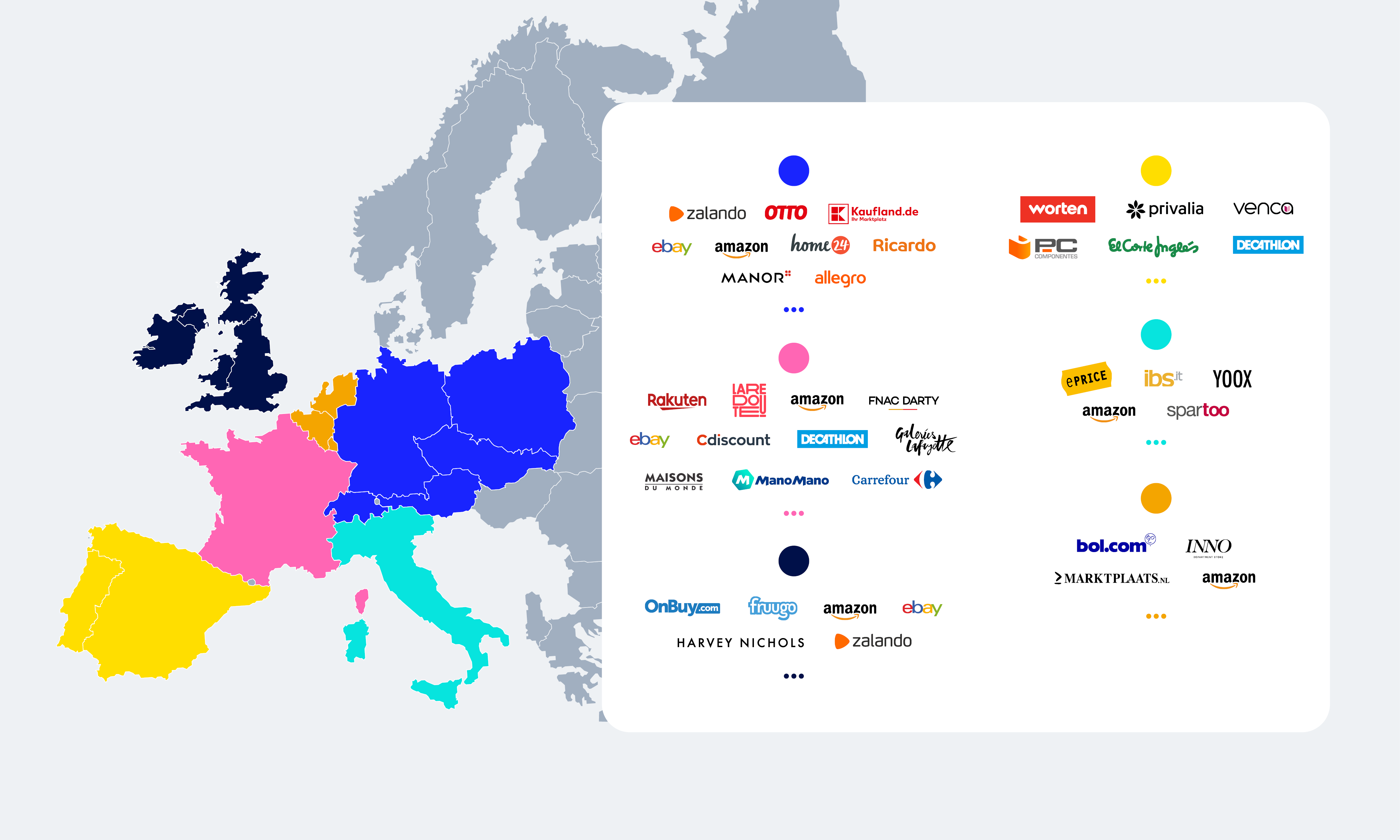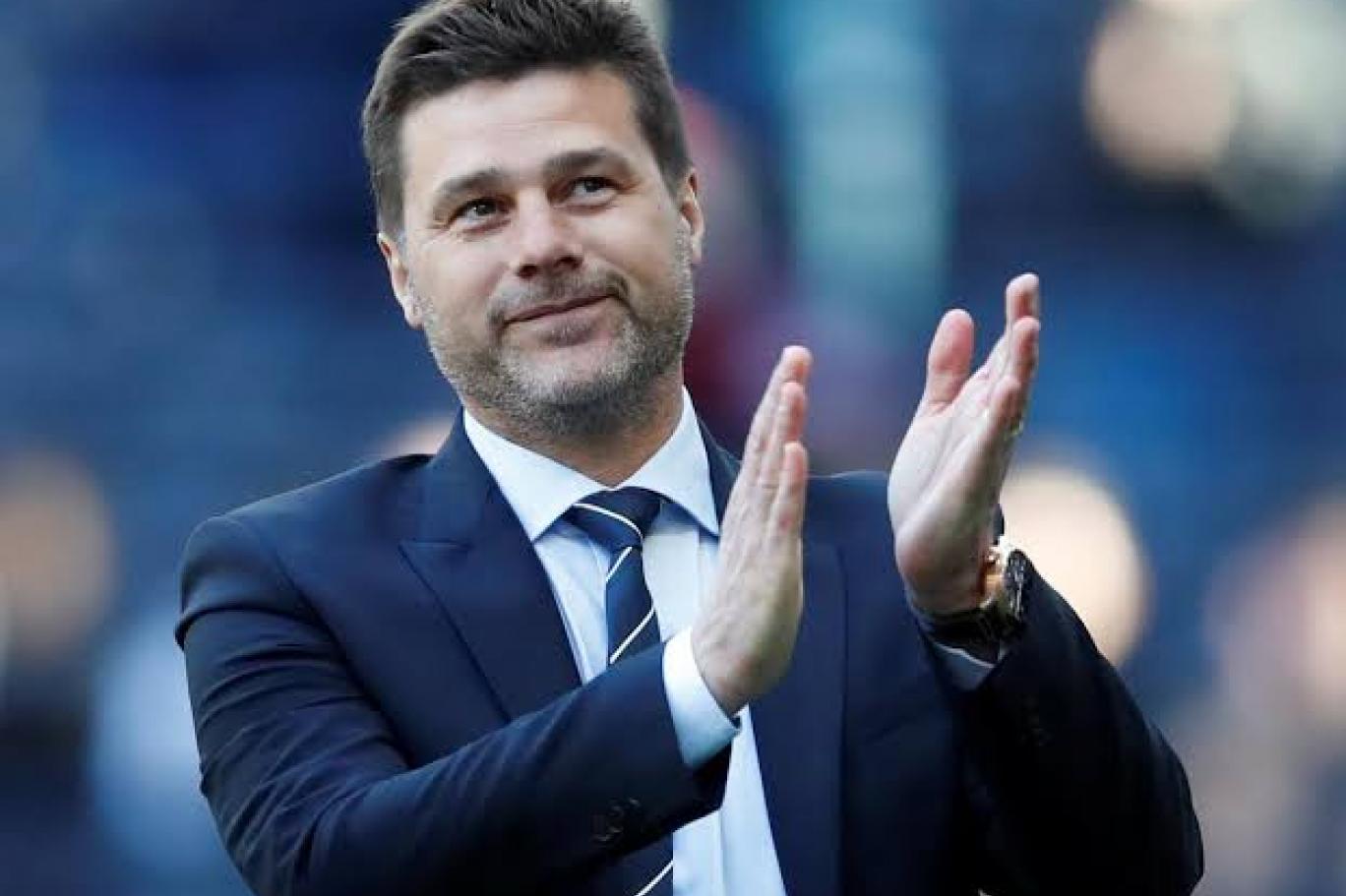Understanding The Love Monster: Exploring The Nature Of Intense Love

Table of Contents
The Biology of Intense Love
The "Love Monster" isn't just a metaphor; it has a strong biological basis. Our brains are wired for intense love, a complex interplay of neurochemicals and hormones that drive our intense feelings of attraction and attachment.
Neurochemical Processes
The initial rush of intense love is largely driven by neurotransmitters. These chemical messengers flood our brains, creating the euphoria, excitement, and obsessive focus often associated with the "Love Monster" feeling.
- Dopamine: This neurotransmitter is associated with reward and pleasure. Dopamine surges create feelings of intense satisfaction and reinforce behaviors associated with the loved one, leading to an obsessive focus.
- Norepinephrine: This chemical boosts alertness and arousal, explaining the heightened energy and anxiety often experienced during intense love. The feeling of being "on edge" is a direct consequence of this neurochemical response.
- Phenylethylamine (PEA): Often called the "love drug," PEA contributes to feelings of euphoria and excitement. Its effects are similar to amphetamines, explaining the intense energy and focus associated with new love.
Dopamine floods the brain, creating feelings of intense reward and pleasure, explaining the obsessive focus often associated with intense love. This biological response helps explain why we can become so consumed by a new relationship.
The Role of Hormones
While neurotransmitters drive the initial intense feelings, hormones play a crucial role in fostering long-term bonding and attachment.
- Oxytocin ("the cuddle hormone"): This hormone promotes feelings of trust, connection, and intimacy. Oxytocin release is stimulated by physical touch and closeness, deepening the bond between partners.
- Vasopressin: This hormone is linked to long-term commitment and pair-bonding. It strengthens the attachment between partners, contributing to the stability and security of the relationship over time.
Oxytocin plays a crucial role in building trust and intimacy, helping to solidify the intense connection of early-stage love. However, it's important to note that the initial rush of neurotransmitters eventually subsides, transitioning into a more stable, yet still deeply fulfilling, connection sustained by hormones like oxytocin and vasopressin.
The Psychology of Intense Love
Understanding the psychological aspects of intense love is crucial for navigating its complexities. Our attachment styles and cognitive biases significantly shape how we experience and express this powerful emotion.
Attachment Styles and Intense Love
Our early childhood experiences profoundly impact our attachment styles, which in turn influence our adult relationships. These styles can dramatically alter how we perceive and engage in intense love.
- Secure Attachment: Individuals with secure attachment styles tend to experience intense love in a balanced way, expressing both passion and intimacy without fear of abandonment or excessive neediness.
- Anxious Attachment: Those with anxious attachment styles might experience intense love as a desperate need for reassurance, potentially leading to clinginess and jealousy. They fear rejection and might become overly focused on maintaining the relationship.
- Avoidant Attachment: Individuals with avoidant attachment styles may struggle with intimacy and vulnerability, potentially suppressing or downplaying their feelings of intense love. They might resist emotional closeness and appear detached even during passionate stages.
Individuals with anxious attachment styles might experience intense love as a desperate need for reassurance, potentially leading to clinginess. Understanding your attachment style is a crucial step in navigating the complexities of intense love.
Cognitive Biases and Idealization
During the initial stages of intense love, cognitive biases can lead to idealized perceptions of our partners. This can create unrealistic expectations and potential relationship challenges later on.
- Confirmation Bias: We tend to focus on information confirming our positive beliefs about our partner while ignoring contradictory evidence.
- Halo Effect: We attribute positive qualities to our partner based on a single positive trait, overlooking potential flaws.
- Idealization: We create an idealized image of our partner, projecting our desires and fantasies onto them, leading to disappointment when reality doesn't match this idealized image.
The halo effect might lead individuals to overlook flaws in their partner during the initial stages of intense love, contributing to a potentially unbalanced dynamic. Recognizing these biases is key to fostering healthier relationships built on realistic expectations.
The Social and Cultural Aspects of Intense Love
Societal expectations and media portrayals significantly shape our understanding and experience of intense love. It's essential to differentiate between healthy and unhealthy expressions of this powerful emotion.
Societal Expectations and Media Influence
Our culture is saturated with idealized portrayals of romantic love, often creating unrealistic expectations.
- Fairytale narratives: These often focus on instant connection, effortless passion, and "happily ever after," ignoring the complexities and challenges inherent in real-life relationships.
- Media representations: Movies, TV shows, and social media contribute to an unrealistic portrayal of intense love, shaping expectations that can lead to disappointment and dissatisfaction.
- Societal pressure: The pressure to find "the one" and experience intense, all-consuming love can contribute to anxiety and dissatisfaction if these expectations aren't met.
The constant portrayal of "perfect" relationships in media can create unrealistic expectations and pressure individuals to experience intense love in a specific way. A more balanced understanding, informed by realistic expectations, is essential.
Healthy vs. Unhealthy Expressions of Intense Love
While intense passion can be a positive force in relationships, it's crucial to distinguish between healthy and unhealthy expressions.
- Healthy expressions: Include mutual respect, trust, open communication, emotional intimacy, and a willingness to compromise.
- Unhealthy expressions: Manifest as possessiveness, controlling behavior, jealousy, obsession, codependency, and disregard for personal boundaries.
While intense passion can be a positive force, possessiveness and control are unhealthy signs that require addressing. Recognizing the difference between healthy and unhealthy expressions of intense love is vital for building fulfilling and sustainable relationships.
Conclusion
Understanding the "Love Monster" is a complex endeavor, requiring a nuanced understanding of biological, psychological, and social factors. The interplay of neurochemicals, hormones, attachment styles, cognitive biases, and societal expectations shapes our experience of intense love. It’s crucial to remember that intense love, while powerful, is not always synonymous with healthy love.
Key Takeaways: Understanding your own attachment style, recognizing potential cognitive biases, and managing expectations are crucial for fostering healthy relationships. Learning to distinguish between healthy and unhealthy expressions of intense love empowers you to build more fulfilling and sustainable connections.
Understanding the "Love Monster" is a journey of self-discovery. Continue learning about the complexities of intense love, managing intense love, understanding passionate love, and navigating powerful love to build healthier, more fulfilling relationships.

Featured Posts
-
 Macrons Challenge To The Eu Buy European Not American
May 22, 2025
Macrons Challenge To The Eu Buy European Not American
May 22, 2025 -
 Oh Jun Sung Triumphs In Wtt Star Contender Chennai
May 22, 2025
Oh Jun Sung Triumphs In Wtt Star Contender Chennai
May 22, 2025 -
 Early Exit For Aruna At Wtt Chennai Open
May 22, 2025
Early Exit For Aruna At Wtt Chennai Open
May 22, 2025 -
 Peppa Pigs Real Name A New Piglet And A Big Surprise
May 22, 2025
Peppa Pigs Real Name A New Piglet And A Big Surprise
May 22, 2025 -
 Bwtshytynw Yetmd Ela Thlathy Jdyd Fy Tshkylt Mntkhb Alwlayat Almthdt
May 22, 2025
Bwtshytynw Yetmd Ela Thlathy Jdyd Fy Tshkylt Mntkhb Alwlayat Almthdt
May 22, 2025
Latest Posts
-
 Jaw Dropping Antiques Roadshow Find Results In Couples Arrest For Trafficking
May 22, 2025
Jaw Dropping Antiques Roadshow Find Results In Couples Arrest For Trafficking
May 22, 2025 -
 National Treasure Trafficking Antiques Roadshow Episode Ends In Arrest
May 22, 2025
National Treasure Trafficking Antiques Roadshow Episode Ends In Arrest
May 22, 2025 -
 Jail Time For Couple Following Antiques Roadshow Appraisal
May 22, 2025
Jail Time For Couple Following Antiques Roadshow Appraisal
May 22, 2025 -
 Antiques Roadshow Couple Arrested After Jaw Dropping National Treasure Appraisal
May 22, 2025
Antiques Roadshow Couple Arrested After Jaw Dropping National Treasure Appraisal
May 22, 2025 -
 Couples Antiques Roadshow Appearance Results In Prison Sentence
May 22, 2025
Couples Antiques Roadshow Appearance Results In Prison Sentence
May 22, 2025
